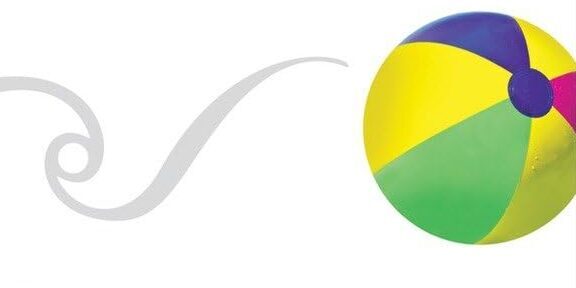Stuart Brown – Play (2009)
Een boek over het belang van ‘spelen’. Niet alleen voor kinderen, maar voor iedereen. De auteur betoogt aan de hand van wetenschappelijke bevindingen dat ‘speelsheid’ een deugd is.

There is a kind of magic in play. What might seem like a frivolous or even childish pursuit is ultimately beneficial. It’s paradoxical that a little bit of ‘nonproductive’ activity can make one enormously more productive and invigorated in other aspects of life.
Properties of play:
- Apparently purposeless (done for its own sake)
- Voluntary
- Inherent attraction
- Freedom from time
- Diminished consciousness of self
- Improvisational potential
- Continuation desire
In play we can imagine and experience situations we have never encountered before and learn from them. We can create possibilities that have never existed but may in the future. We make new cognitive connections that find their way into our everyday lives. We can learn lessons and skills without being directly at risk.
“In the end it’s called a play because we play. It’s a game. It’s a big, fun, silly, but profoundly moving, human game.”
- Baz Luhrmann (Australian movie director)
When a Nobel laureate took me through his laboratory he was like a kid as he described his experiments. Here was the biggest, most expensive sandbox he had ever played with, all set up to let him discover wonderful new things.
Movement play lights up the brain and fosters learning, innovation, flexibility, adaptability, and resilience. These central aspects of human nature require movement to be fully realized.
Learning and memory also seem to be fixed more strongly and last longer when learned in play. […] This may be because of the total involvement that play often requires.
Part of the joy and pain of being a parent is seeing our own parents in ourselves, seeing their good parts and flaws repeated in our voices. The joys and pains also come from seeing ourselves in our kids, and remembering our own happy days and hurtful traumas reflected in their experiences. If we are not completely full of ourselves or too serious, we can see that we can do a better job of helping our children be more joyful if we help ourselves remember how to play.
Creative people are well-versed in their domain of knowledge (painting, physics, literature, the grocery business, etc.), but they don’t automatically discount new bits of information that don’t seem to fit with the accepted canon.
“The most exciting phrase to hear in science, the one that heralds new discoveries, is not ‘Eureka!’ but ‘That’s funny…’ “
- Isaac Asimov
One of the prime characteristics of play is a desire to keep the activity going. If one of the parties involved in the play is stronger than another, they will automatically self-handicap in order to level the playing field and keep the game going.
